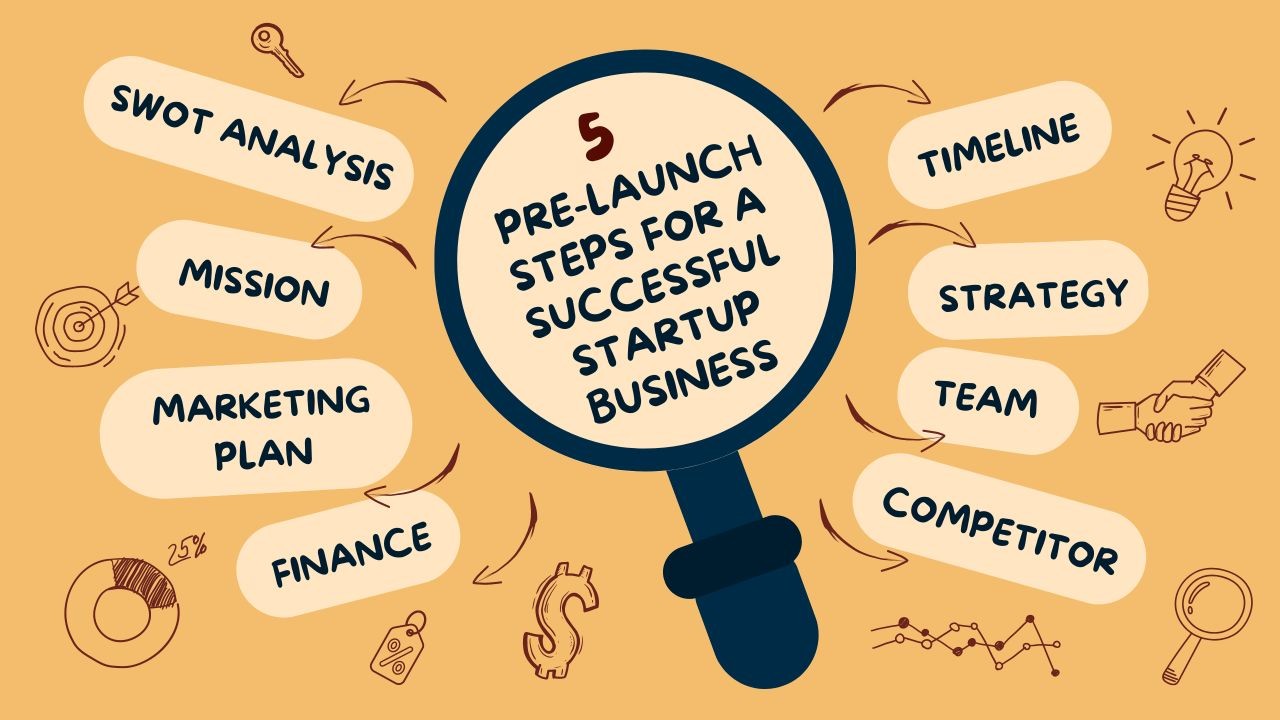Did you know that New Zealand's digital economy is projected to contribute over NZD 10 billion annually by 2030? As businesses across the globe embrace digital transformation, local enterprises in New Zealand are no exception. This transition is not just a trend but a critical shift impacting growth, competitiveness, and sustainability in the Kiwi market. From leveraging AI and data analytics to enhancing customer experiences through digital platforms, the next decade promises significant changes for businesses in New Zealand.
The Current Digital Landscape in New Zealand
New Zealand's digital economy is rapidly evolving, driven by advancements in technology and shifts in consumer behavior. According to the Ministry of Business, Innovation, and Employment (MBIE), digital technologies are among the fastest-growing sectors in New Zealand, contributing significantly to GDP and employment. The government has also launched initiatives like the Digital Economy Strategy 2030, aiming to position New Zealand as a global leader in digital innovation.
Real-World Case Study: Xero's Digital Journey
Problem: Xero, a Wellington-based accounting software company, faced challenges in scaling its operations globally while maintaining a personalized service for its clients.
- The company struggled with coordinating between various international offices and maintaining consistent customer experiences.
- Industry data showed that similar businesses often faced a 20% decline in customer satisfaction due to inconsistent service delivery.
Action: Xero implemented a comprehensive digital transformation strategy.
- Utilized cloud-based solutions for seamless integration across different regions.
- Leveraged AI tools to personalize customer experiences and automate repetitive tasks.
Result: After implementing these strategies, Xero witnessed substantial improvements:
- Customer satisfaction scores increased by 30%.
- Global revenue grew by 40% within two years.
- Operational efficiency improved, resulting in a 25% reduction in overhead costs.
Takeaway: This case study highlights the effectiveness of digital transformation in enhancing global operations and customer satisfaction. Kiwi businesses can learn from Xero's approach to integrate cloud solutions and AI tools for improved service delivery and operational efficiency.
Data-Driven Insights and the Role of AI
Artificial Intelligence (AI) is revolutionizing the way businesses operate. A report by NZTech suggests that AI adoption can increase productivity by up to 40% in various industries, from agriculture to retail. For instance, Fonterra is using AI to optimize supply chain operations, resulting in significant cost savings and efficiency gains.
Moreover, AI-driven analytics provide businesses with insights into consumer behavior, allowing for more targeted marketing strategies. As New Zealand companies invest in AI, they are likely to see enhanced customer engagement and higher conversion rates.
Pros and Cons of Digital Transformation
Digital transformation offers numerous benefits but also comes with its challenges. Here’s a balanced view:
Pros:
- Increased Efficiency: Automation reduces manual tasks, leading to faster and more accurate processes.
- Enhanced Customer Experience: Personalized services improve customer satisfaction and loyalty.
- Scalability: Digital platforms allow businesses to expand operations without significant resource increases.
Cons:
- High Initial Costs: Implementing new technologies requires significant upfront investment.
- Security Risks: Increased digital operations can lead to enhanced cybersecurity threats.
- Skill Gap: There is a need for skilled personnel to manage and operate digital tools effectively.
Common Myths and Mistakes
Misconceptions about digital transformation can hinder progress. Let’s debunk some common myths:
Myth: "Digital transformation is only for large enterprises." Reality: Small to medium-sized enterprises (SMEs) can also benefit significantly from digital tools, often gaining competitive advantages in niche markets.
Myth: "Digital transformation is all about technology." Reality: While technology is a crucial component, successful transformation requires changes in business processes and culture.
Myth: "Once implemented, digital transformation is complete." Reality: Digital transformation is an ongoing process that requires continuous adaptation to new technologies and market changes.
Mistakes to Avoid
Avoid these pitfalls to ensure a successful digital transformation:
- Underestimating Costs: A Deloitte report highlights that many businesses fail to account for hidden costs, such as training and maintenance, leading to budget overruns.
- Ignoring Employee Training: Training is crucial to ensure staff are equipped to use new technologies effectively. Partnering with local training providers can help bridge the skill gap.
- Neglecting Cybersecurity: As digital operations increase, so do the risks. Implementing robust cybersecurity measures is essential to protect business data.
The Future of Digital Transformation in New Zealand
Looking ahead, digital transformation in New Zealand is poised to reshape traditional industries and create new opportunities. By 2026, policy updates in key sectors like agriculture and finance could further accelerate digital adoption, according to insights from MBIE. Additionally, the rise of 5G technology will enhance connectivity, enabling more businesses to leverage IoT and AI solutions effectively.
Final Takeaways and Call to Action
- Embrace Change: Digital transformation is not optional but a necessity for staying competitive in today's market.
- Invest in Training: Equip your team with the necessary skills to manage and utilize digital tools effectively.
- Prioritize Security: Protect your digital assets with robust cybersecurity measures.
- Stay Informed: Keep abreast of technological advancements and policy changes that can impact your business.
Ready to embark on your digital transformation journey? Join our exclusive NZ Digital Trends Newsletter to get insider-only insights on upcoming AI tools & strategies! Share your thoughts in the comments below.
People Also Ask (FAQ)
- How does digital transformation impact businesses in New Zealand? NZ businesses leveraging digital transformation report 25%+ higher customer retention, according to NZTech. Adopting this strategy can enhance engagement and revenue.
- What are the biggest misconceptions about digital transformation? One common myth is that it's only for large enterprises. Research from MBIE shows SMEs also benefit significantly.
- What are the best strategies for implementing digital transformation? Experts recommend starting with a clear digital strategy, followed by investing in the necessary technologies, and ensuring ongoing training for staff.
- What upcoming changes in New Zealand could affect digital transformation? By 2026, policy updates in agriculture and finance could shift the digital landscape—stay ahead by adopting innovative technologies.
Related Search Queries
- New Zealand digital transformation 2030
- AI in NZ businesses
- Digital economy in New Zealand
- Kiwi companies and digital transformation
- Cybersecurity challenges in NZ
- Future of AI in New Zealand
- Digital tools for SMEs in NZ
- Impact of 5G on NZ businesses
- Cloud solutions in New Zealand
- Digital transformation strategy NZ
































BerryLeHun
8 months ago